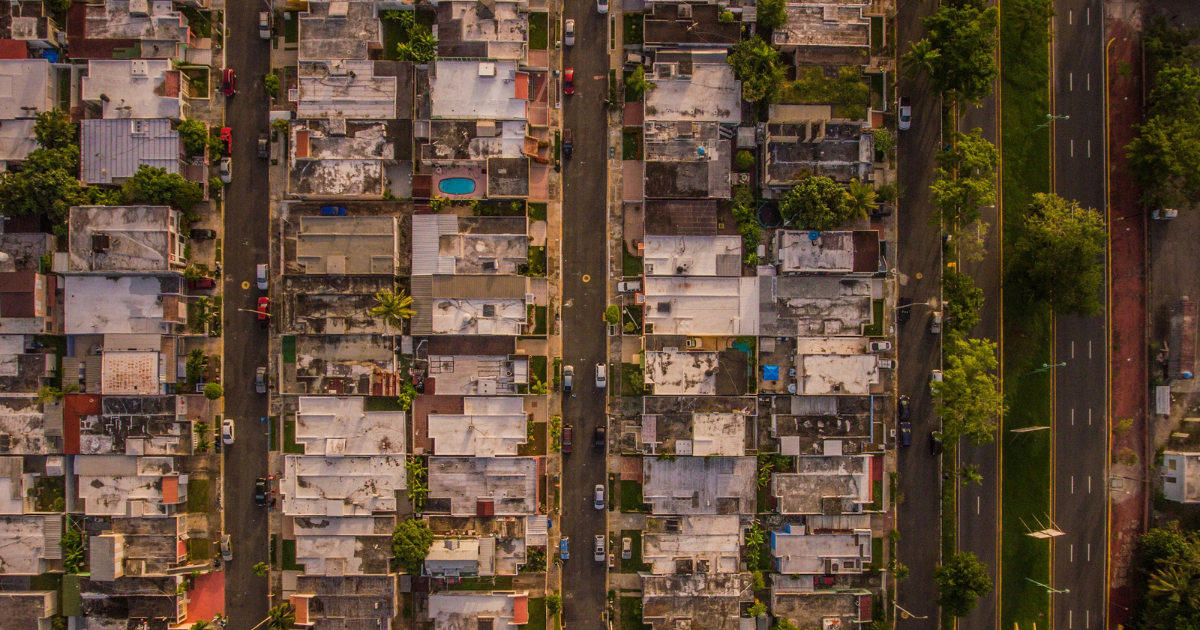In recent years, the concept of sustainable neighborhoods has gained significant traction in urban planning and development. These neighborhoods prioritize environmentally friendly design principles to create resilient communities that promote community well-being and minimize environmental impact. In this blog post, we will explore one of the features and benefits of sustainable neighborhoods, shedding light on their importance in our rapidly changing world.
- Enhanced Aesthetics and Natural Resource Systems
Sustainable neighborhoods boast visually appealing designs incorporating green spaces, community gardens, and tree-lined streets. These features not only enhance the aesthetics of the neighborhood but also contribute to biodiversity and ecological diversity. Additionally, sustainable neighborhoods employ innovative natural resource systems such as rainwater harvesting, solar power, and energy-efficient buildings to reduce resource consumption and minimize environmental impact. - Improved Quality of Life and Well-being
Focusing on neighborhood sustainability leads to improved quality of life and well-being for residents. Access to green spaces, community facilities, and recreational amenities encourages physical activity, reduces stress, and promotes overall health. Sustainable neighborhoods also prioritize walkability and provide safe environments for residents to interact socially, fostering a sense of belonging and community cohesion. - Increased Access to Desirable Amenities
One of the key benefits of sustainable neighborhoods is improved access to desirable amenities. By integrating mixed-use developments, sustainable neighborhoods bring essential services, shops, schools, and recreational facilities within walking or cycling distance. This not only reduces reliance on cars but also fosters a sense of community by promoting social interactions and active lifestyles. - Lower Utility Costs
Sustainable neighborhoods incorporate energy-efficient features, such as improved insulation, low-emittance windows, and efficient plumbing and irrigation systems. These measures help reduce utility costs for residents, contributing to long-term savings and increased affordability. Lower utility bills make sustainable neighborhoods more attractive for potential homebuyers or renters. - Job Creation and Economic Growth
Developing sustainable neighborhoods attracts businesses and investment, creating jobs and economic growth. Sustainable practices, such as using renewable energy sources and eco-friendly technologies, create opportunities for green jobs and stimulate local economies. This not only benefits the residents but also strengthens the overall economic resilience of the community. - Strong Sense of Community
Sustainable neighborhoods prioritize community engagement and social interactions. By creating safe and walkable environments, these neighborhoods encourage residents to connect with each other, fostering a strong sense of community. This leads to increased social support networks, neighborly collaboration, and a higher overall quality of life.
In conclusion, sustainable neighborhoods are not just aesthetically pleasing but also have far-reaching benefits for both people and the planet. By incorporating environmentally friendly practices and prioritizing community well-being, these neighborhoods serve as a blueprint for other communities. They demonstrate the positive impact of sustainability on various aspects of life, including health, economy, and education. By fostering a culture of sustainability, these neighborhoods not only improve the quality of life for their residents but also contribute to broader environmental conservation efforts. The success of these communities sends a clear message: sustainable living is not just possible; it’s beneficial and achievable for everyone.
Sources: LinkedIn, Unearth Magazine, Digi, Green Living PDX, Reeds Crossing, Center of Sustainable Neighborhoods, LeadGenApp

